Paolo Testa, Confcommercio-Imprese per l’Italia, Urban Planning and Urban Regeneration sector
Companies in the tertiary market sector are known to contribute to the vitality of Italian cities, both in large centres and small towns, enhancing their identities and making them centres of value production. Beyond this simple observation, it appears increasingly necessary to investigate the transformation processes underway in urban systems in order to understand which new development models can allow for the harmonious growth of cities and their widespread fabric of economic activities.
The conference organised by Confcommercio-Imprese per l’Italia proposes a reflection on the importance of data as a source of knowledge for guiding sustainable urban regeneration processes and enhancing, at the same time, the role of urban economic actors. On this occasion, the Confederation’s commitment to promoting a careful analysis of the phenomena taking place in cities will be illustrated, aimed at creating effective policies appropriate to different contexts, as well as increasing the attractiveness of Italian centres.
The development of knowledge of the urban dimension – from the particular angle of a business association – makes use of multidisciplinary readings, complementary methodologies and the fundamental involvement of different skills and subjects. Combining sets of indicators specifically identified and feedback from the territories, the action of Confcommercio intends to focus on concrete areas of investigation that are particularly relevant to life in the city – both for economic operators and for citizens – to construct an integrated reading of urban phenomena such as, for example, the urban tertiary market, tourism, culture, digital transition, movida, smart working, mobility and logistics, public space, the transformation of the urban environment and the dimensions of proximity, and the role of public administrations.
2:00 p.m. hall entrance
2:30 p.m. start of proceedings
Videomessage:
Carlo Sangalli*, President Confcommercio – Imprese per l’Italia
Institutional greetings by:
Enrico Postacchini**, Member of the Executive Board with responsibility for Commerce and Cities, Confcommercio-Imprese per l’Italia
Stefano Stanghellini, Honorary President INU
Introductory report by:
Paolo Testa, Head of Urban Planning and Regeneration Sector, Confcommercio-Imprese per l’Italia
First session: ‘Knowing and facing the phenomena that are changing cities’
This session analyses some of the urban phenomena that will be the subject of the new path of Confcommercio-Imprese per l’Italia for the development of cities, through the comparison between the testimony of an expert and the vision of a Confcommercio representative.
Moderation by:
Paola Pierotti, journalist PPAN
“Urban tertiary market: the d_Bari project”.
Roberto Covolo, Member of the Mayor’s Staff, Municipality of Bari
Vito D’Ingeo●●, Vice-President Confcommercio Bari-BAT
“Urban mobility: the nodes of MAAS, logistics and delivery”.
Alessandro Delpiano, Territorial Planning and Sustainable Mobility Area Director, Metropolitan City of Bologna
Enrico Zavi, Head of Infrastructure, Transport, Logistics and Mobility Sector, Confcommercio-Imprese per l’Italia
“Tourism: governing excess and generating development”.
Josep Ejarque, Destination Manager FTourism & Marketing
“Demography: how cities evolve in an ageing society”.
Paolo Odone, President Confcommercio Genoa
Luca Pallavicini, President Confcommercio Salute, Sanità e Cura
Second session: ‘The importance of data for the leading role of the tertiary market in urban areas’
This session will explore current trends and experiences regarding knowledge development tools available to decision-makers and stakeholders to improve the quality of life in cities.
Valeria Fedeli, Professor of Urban Technique and Planning, Politecnico di Milano
Gianni Dominici, General Manager, FPA- Service and consulting company of the Digital360 Group
Rudy Collini, President of Confcommercio Varese
Maurizio Napolitano, Coordinator of the Digital Commons Lab (DCL), Fondazione Bruno Kessler
Debate
End of work
Italiano



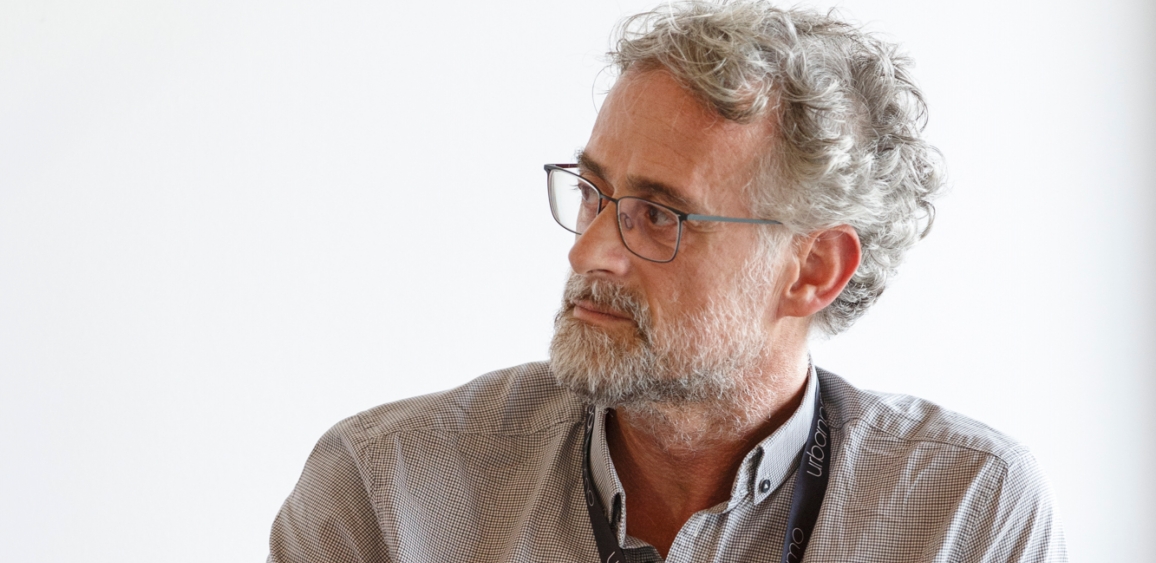
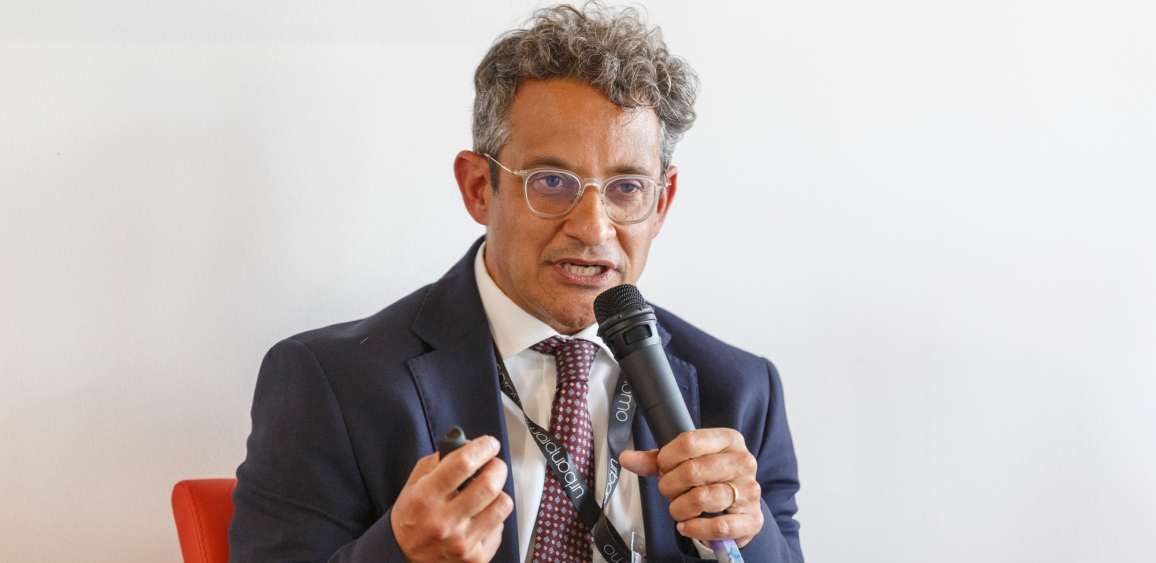
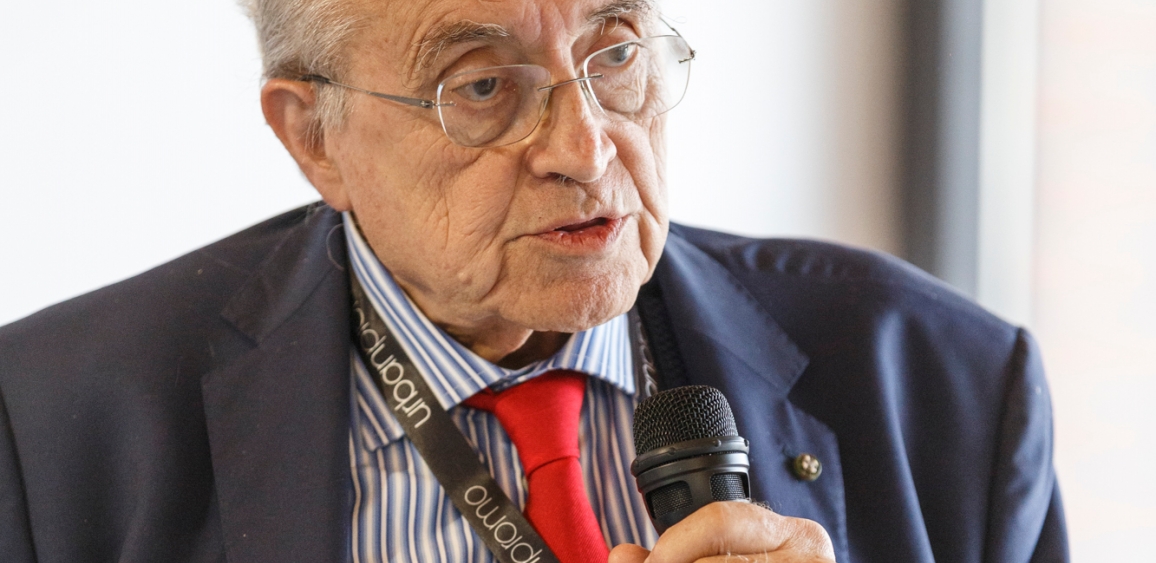
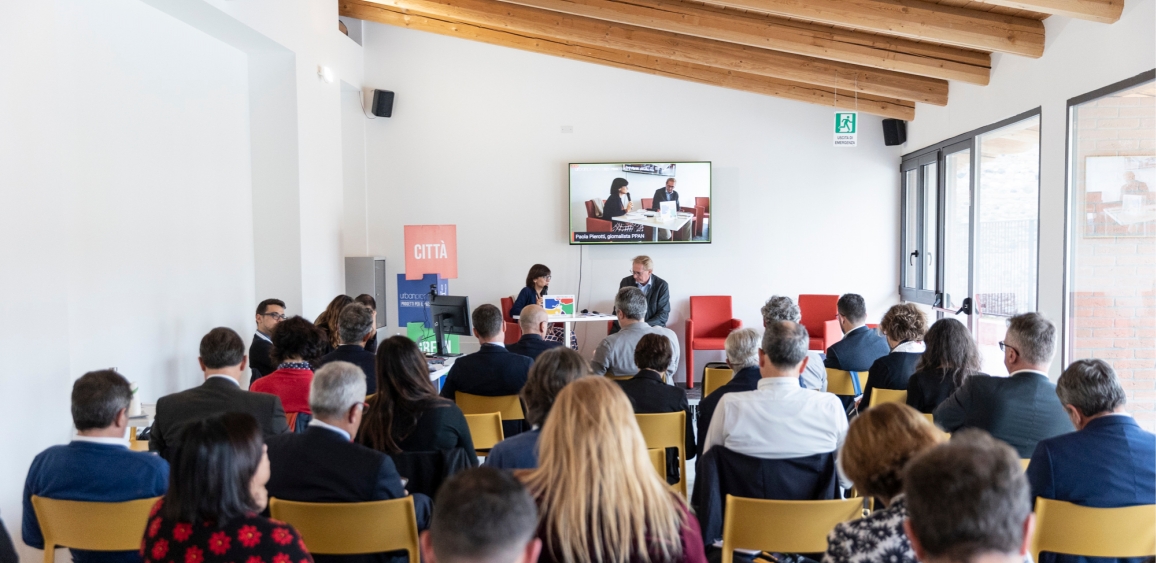
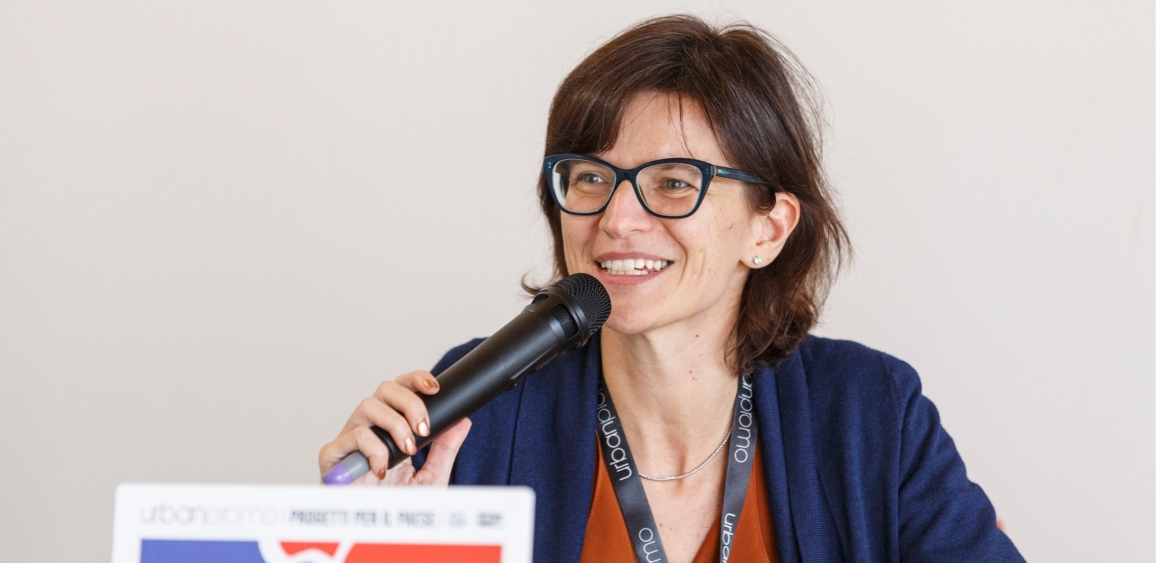
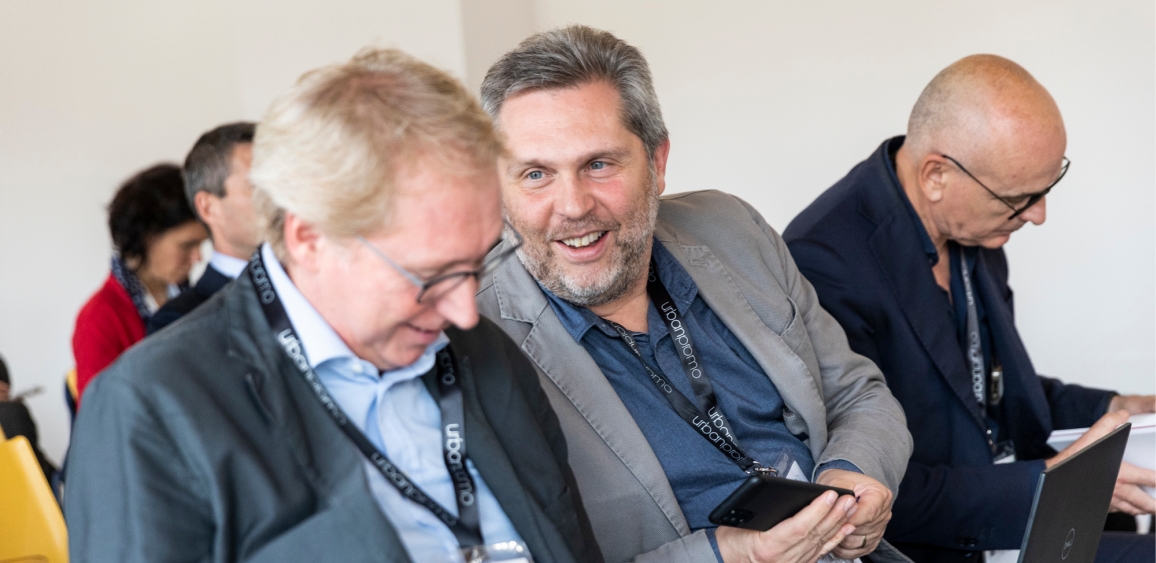
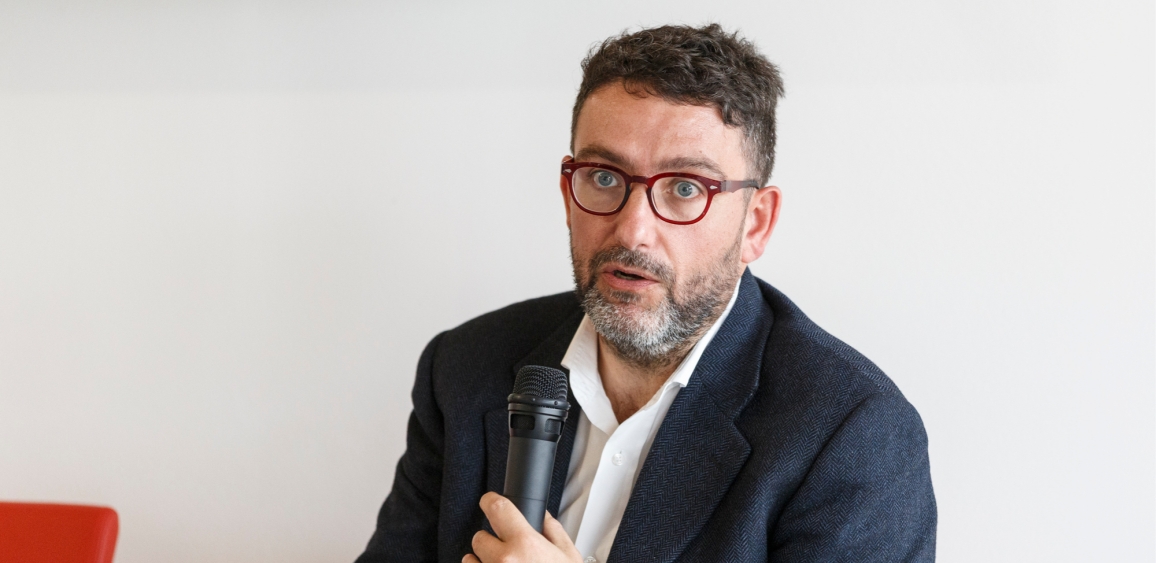

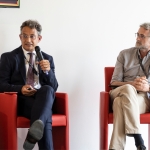
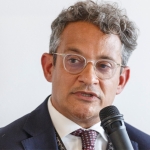
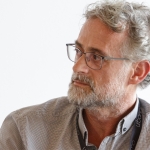
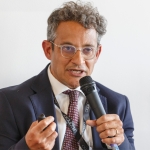

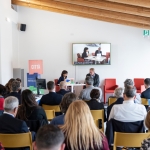
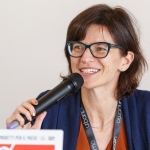
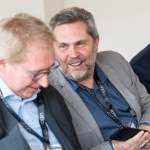
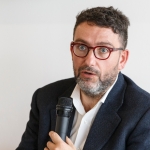
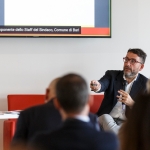
Contributions